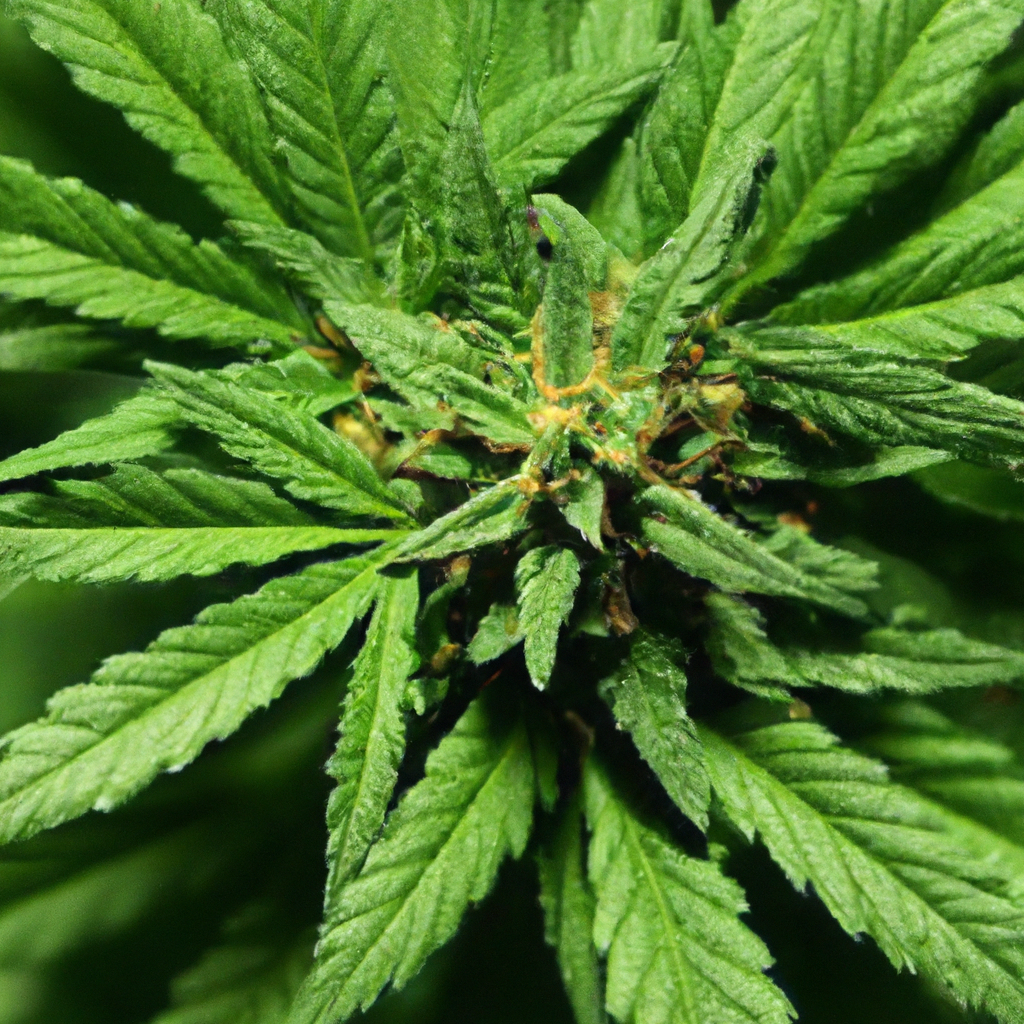Your cart is currently empty!
As the cannabis industry blossoms, more cultivators are seeking eco-friendly and sustainable methods to grow organic cannabis. Prioritizing organic practices not only benefits the environment but also improves the quality of the end product for consumers. This article delves into best practices for achieving a flourishing organic cannabis garden without synthetic chemicals.
The Power of Natural Fertilizers
Natural fertilizers play a crucial role in organic cannabis cultivation. These fertilizers provide essential nutrients that enhance soil fertility and promote plant health without harming the environment.
- Compost: Rich in nutrients, compost boosts soil health by improving structure, aeration, and moisture retention. Add homemade or commercially available compost to your garden.
- Worm Castings: A powerhouse of nutrients and beneficial microbes, worm castings enhance the soil ecosystem and support robust plant growth.
- Bone Meal: A great source of phosphorus, bone meal aids root development and flower production, essential for high yields.
Pest Control Without Chemicals
Maintaining a healthy cannabis crop involves effective pest control. Organic methods ensure you keep pests at bay without resorting to harmful synthetic pesticides.
- Companion Planting: Introduce plants like marigolds and basil, which naturally repel common pests, around your cannabis crop.
- Beneficial Insects: Encourage predator insects, such as ladybugs and lacewings, which feed on harmful pests like aphids and mites.
- Neem Oil: A plant-derived oil that acts as a natural insecticide and fungicide. Neem oil helps manage aphids, thrips, and powdery mildew.
Building a Thriving Soil Ecosystem
Building a robust soil ecosystem is fundamental to successful organic cannabis cultivation. This involves nurturing the biodiversity of the soil, which supports healthy plant life.
- Soil Amendments: Add diverse organic matter, such as kelp and alfalfa meal, to increase the soil’s nutrient content.
- Microbial Life: Encourage microbial activity with mycorrhizal fungi that enhance nutrient uptake and promote plant resistance to pathogens.
- Crop Rotation: Rotate your cannabis crop with different plant species each season to avoid soil depletion and pest cycles.
Benefits of Organic Cannabis
By choosing organic methods, cultivators contribute positively to the environment while offering consumers a pure and high-quality product.
- Environmental Impact: Organic practices reduce chemical runoff and conserve biodiversity, promoting a balanced ecosystem.
- Healthier Product: Consumers can enjoy cannabis free from chemical residues, enhancing wellness and ensuring safety.
Conclusion
Organic cannabis cultivation is not just about avoiding chemicals but fostering a natural growth cycle that benefits both the plant and the environment. By implementing natural fertilizers, organic pest control, and building a vigorous soil ecosystem, cultivators can ensure sustainable and high-quality cannabis production.
As we advance towards more sustainable agriculture, incorporating these organic practices could usher in a cleaner, greener future for the cannabis industry.
Tags: Organic, OrganicGrowing, CannabisCultivation, SustainablePractices, NaturalFertilizers
Discover more from Magic Clones
Subscribe to get the latest posts sent to your email.


Leave a Reply